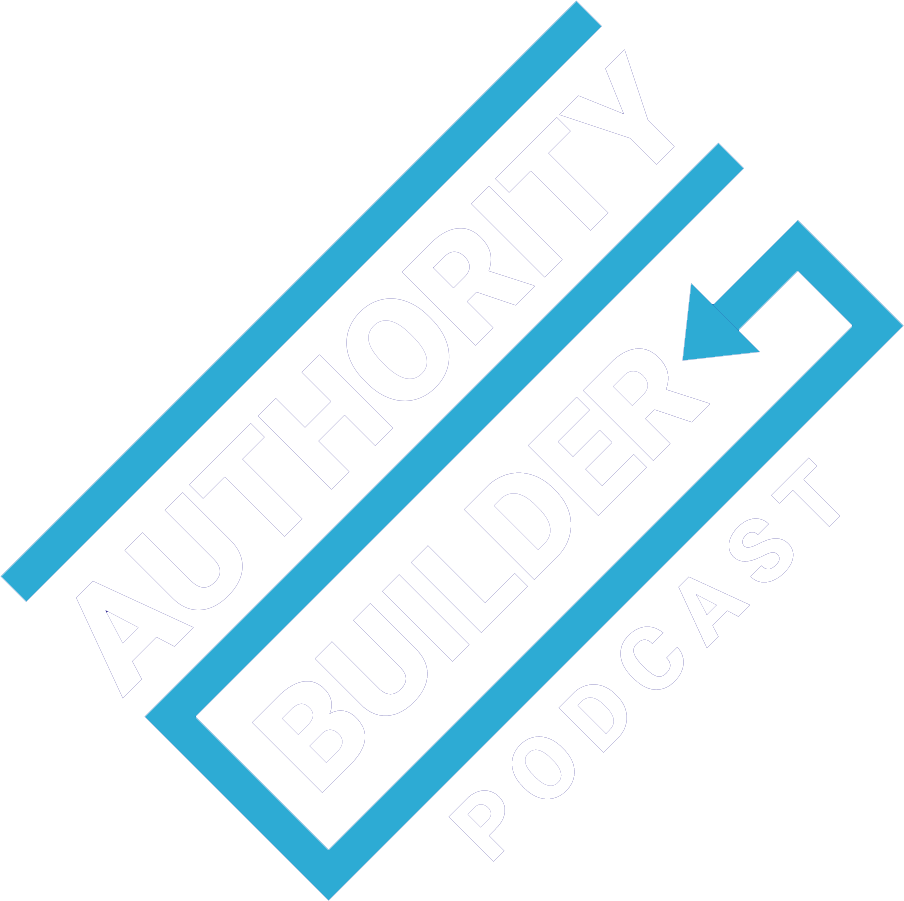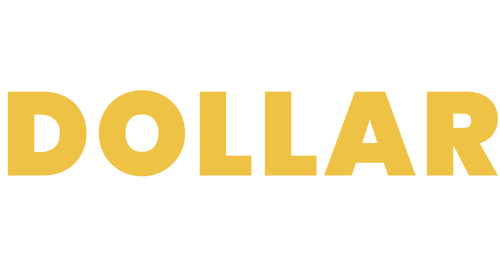In this week’s episode of the podcast I tackle a question that has come up several times lately…
“How can I connect with potential clients, without spamming them with cold emails, calls, or LinkedIn requests…and actually get them to reply?”
Great question.
In this episode I’m going to show you how I reach out to prospects, and not only get replies, but get excited, enthusiastic replies…they want to talk with me!!
And it’s based on one, simple business truth—you need a relationship before you ask for money.
Most of the stuff you see out there has it the other way ‘round.
Don’t fall into that trap.
Listen to the podcast now…


